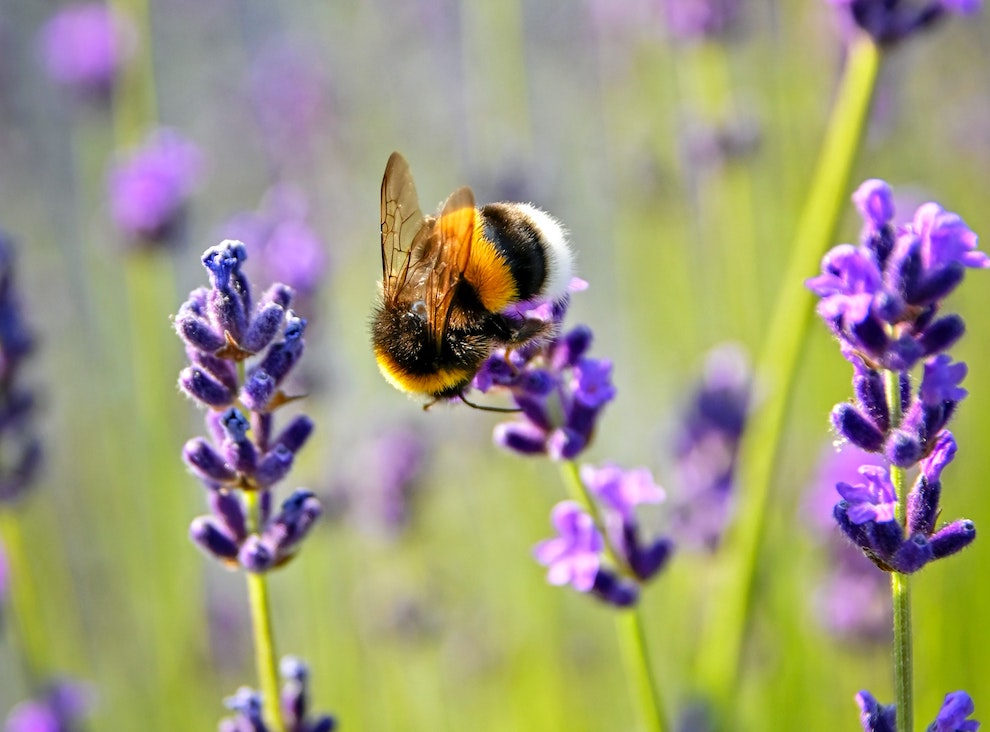BES-Net pools the strengths of three UN agencies and its vast network of organizations to translate the global IPBES assessment findings into nationally and locally led solutions.
BES-Net works closely with the science, policy and practice communities, building capacity and collaboration among these actors. At the outset, we work with UNEP-WCMC’s NEA Initiative to support countries to undertake national ecosystem assessments in six countries. Engaging stakeholders throughout this process with National and Regional Trialogues, we aim to build a community empowered to make robust decisions for resilient ecosystems. Helping amplify and implement some of the solutions emerging from these two parallel avenues is the BES Solution Fund. A catalytic seed fund meant to strengthen science-policy-practice networks within countries, this aspect of our work demonstrates how IPBES recommendations and solutions work in practice. Tying these various parts together is our role as a “network of networks”, bringing together over 120 partners and showcasing best practices and cutting-edge ideas across our many communications channels.
Where We Work
Thematic Areas
BES-Net aligns its work with the themes highlighted in the IPBES assessments. Over the years, BES-Net’s work has revolved around the following themes:
Pollinator Conservation
Pollinator-dependent crops contribute to 35 per cent of global crop production volume. Yet, with increasing threats to pollinator populations – particularly bees and other wild species – and nearly 16.5 per cent of vertebrate pollinators facing extinction, immediate action is needed.
Land Degradation Neutrality
Human activities, habitation patterns and climate change are exacerbating soil erosion, deteriorating soil quality and causing long-term loss of natural vegetation. Globally, 23 per cent of the land is no longer productive, and 75 per cent has been transformed.
Food Security and Productivity
Globally, local varieties and breeds of domesticated plants and animals are disappearing. This loss of diversity poses a serious risk to global food security by undermining the resilience of many agricultural systems to threats such as pests, pathogens and climate change.
Ecosystem Services and Policymaking
Rapid decline in biodiversity, ecosystem functions and many of nature’s contributions to people means that most international societal and environmental goals will not be achieved based on current trajectories. There is a need for initiatives to harmonize individual and collective action across sectors more effectively for transformative change.
Biodiversity and Climate Change
Climate change and biodiversity loss, both caused largely by anthropogenic drivers, are mutually reinforcing and posing significant threats for human livelihoods, food security and public health. Given the inseparable nature of climate, biodiversity and human quality of life, resolving either issue will require tackling the other.





